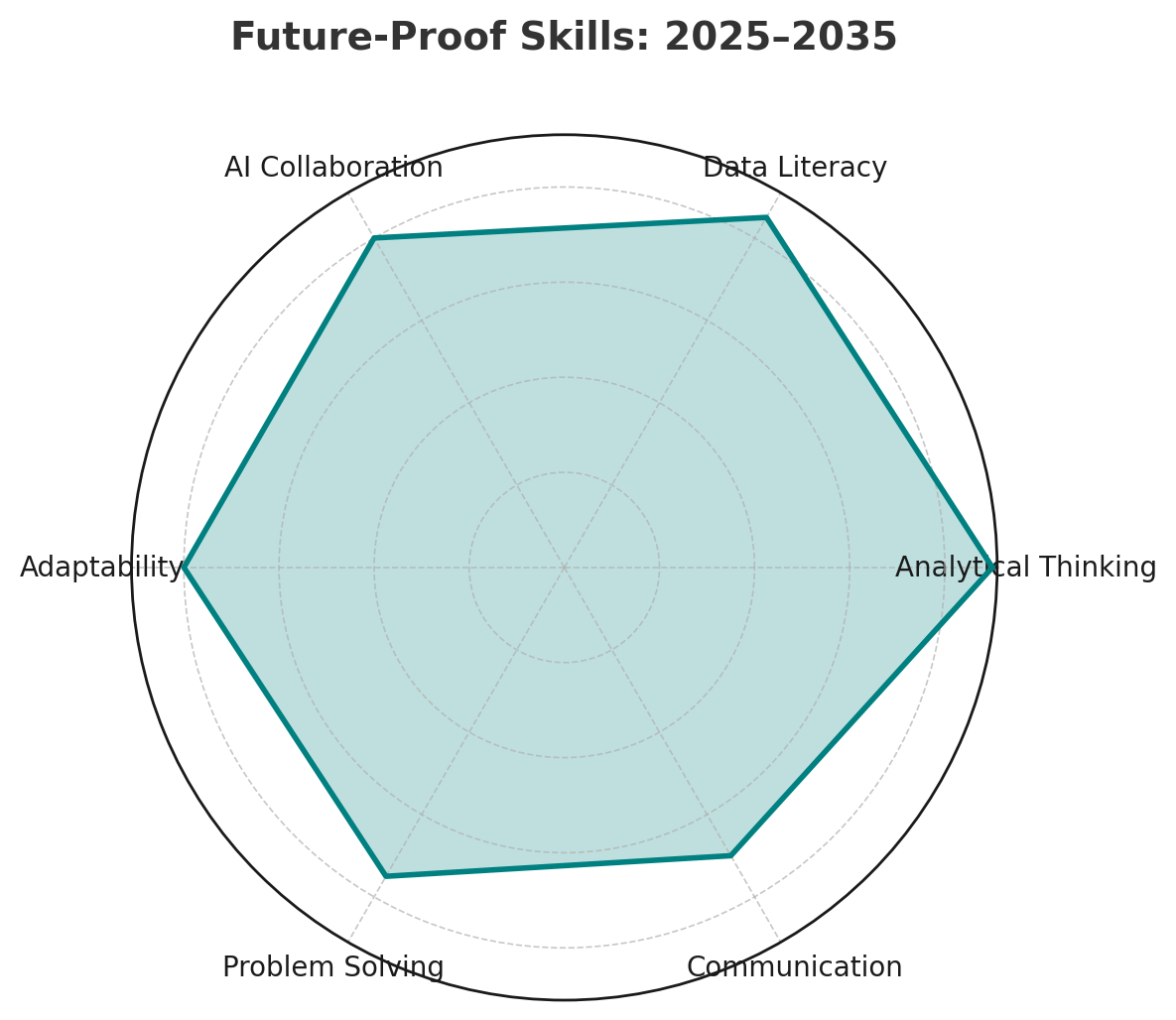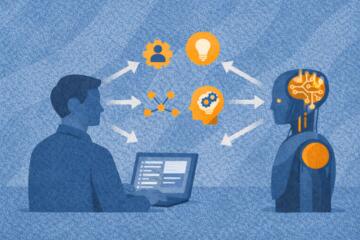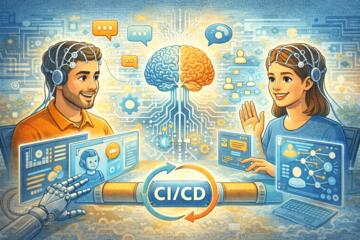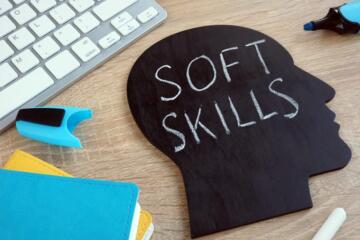Every tap, click, swipe, purchase, share, and search contributes to the largest human dataset ever created. We live in a world where data is constantly generated—but rarely understood. From the news we consume to the jobs we pursue, data shapes our daily lives in subtle and profound ways. And yet, most people treat data like they once treated Latin: useful only to specialists in lab coats or finance towers.
That’s a dangerous myth.
In today’s economy, data literacy is not about becoming a data scientist. It’s about knowing how to ask the right questions, spot manipulation, and make better decisions—whether you're a teacher, designer, manager, or citizen. As AI and automation reshape the job market, data fluency is becoming the new reading and writing.
🔍 What Is Data Literacy, Really?
It’s not Excel shortcuts or statistics jargon. Data literacy means:
-
Interpreting charts and dashboards
-
Understanding probabilities and trends
-
Questioning the source, method, and bias
-
Using data to tell compelling stories or make decisions
Think of it as critical thinking for the data age.
💼 Careers Are Changing—So Are the Skills
You don’t need to work in tech to need data. Here’s how data literacy is becoming foundational in unexpected careers:
📋 [List: How Data Literacy Is Transforming Jobs]
-
Marketing Manager → Analyzes campaign metrics and A/B tests
-
HR Specialist → Interprets retention data and engagement scores
-
Journalist → Investigates public datasets and builds visual explainers
-
Sales Rep → Tracks performance pipelines, predicts churn
-
Healthcare Worker → Understands risk models, patient trends
-
Educator → Evaluates student learning outcomes and adapts materials
-
City Planner → Uses traffic and demographic data for public projects
🌍 Data Skills = Career Resilience
The World Economic Forum ranks "Analytical thinking" and "Data analysis" among the top 10 skills for the future. Not just for data analysts—for everyone. Because tomorrow’s job descriptions won’t say “must know SQL”, but they will say:
-
“Make decisions based on insights”
-
“Work with AI-generated analytics”
-
“Communicate results using evidence”
In other words: You won’t need to be technical, but you will need to be fluent.

🎯 Conclusion: Learn to Read the World
We often say data is “the new oil.” But that’s wrong. Data is not a commodity—it’s a language. And like any language, you don’t need to master it completely to become fluent enough to thrive.
Data literacy is about empowerment. It helps you make smarter choices, ask better questions, and stay relevant in a world shaped by numbers. The future belongs not just to those who code—but to those who can think with data.






